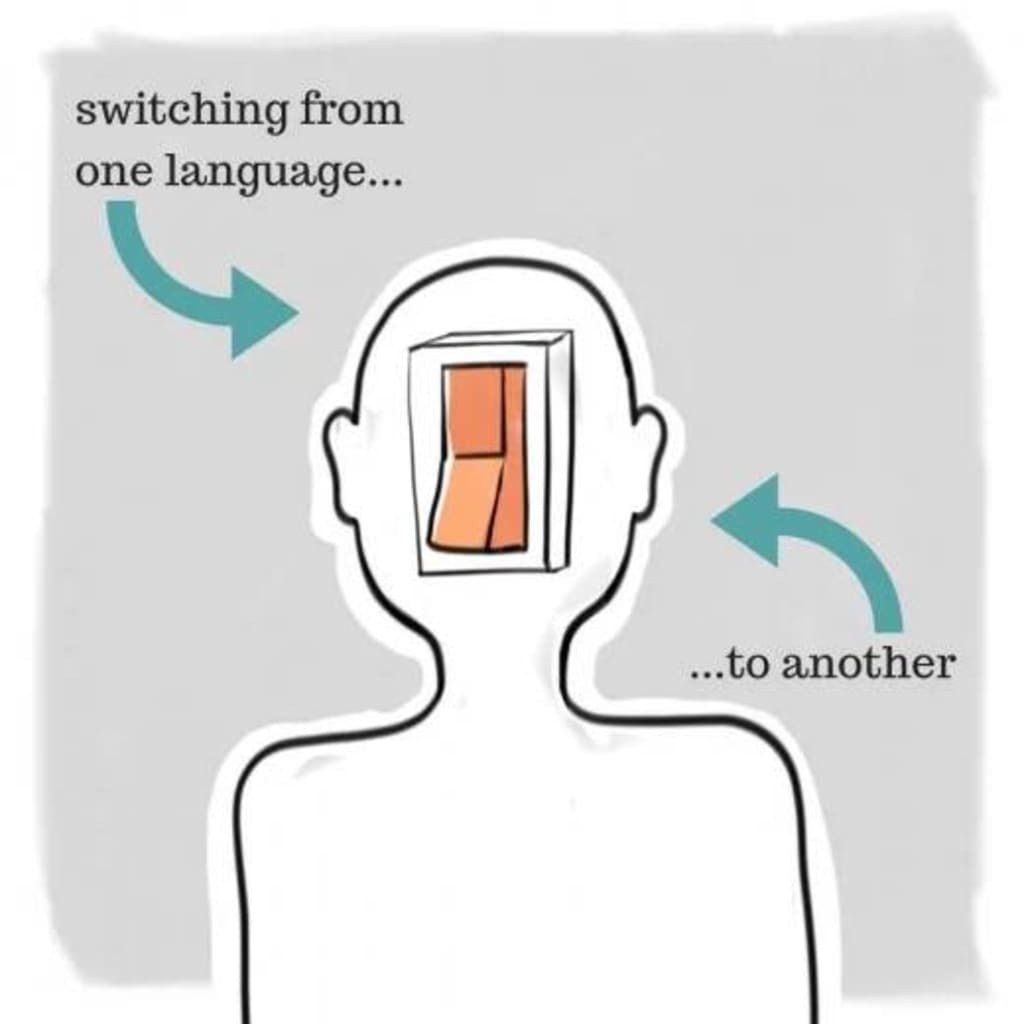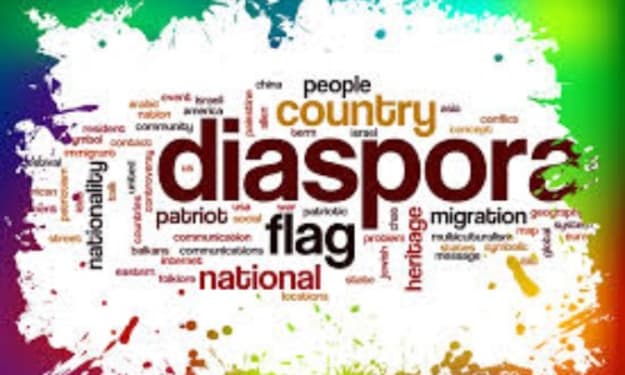Switching to Survive
Does Changing Your Talk Change You?

Code switching… what does it even mean?
It has come up in conversation lately and it caused me to dig back into my archives, as well as search out what is new on the topic?
Students (and some young adults) today don’t understand the significance of code switching and how it is a skill to acquire. Some beg to differ and argue that we should be able to talk and behave how we want to. Why should we conform? We shouldn’t change who we are to make others comfortable?
It goes deeper than that. Think about it. If you traveled overseas and the country you landed in spoke a different language other than your own, you may pull out your phone, go to Google Translate and try to communicate. As a custom, the elders may ask you to remove your hat and shoes when you enter their home. Then you travel in the same country, but to a different city and find that the meaning of some words change slightly than what you learned a few days before. There, you can walk into someone’s home just as you are, hat and shoes intact.
Well, that happens here in America, too. There is a way we talk with our friends, our family, our teachers, our bosses, and the list goes on. With the quick growth and pace of technology, we have learned new languages and created shortened versions of words, both spoken and written. This has created blurred lines of appropriate and applicable speech in various environments.
There is an uptick of Ted Talks on code-switching predominantly presented by people of color. Why? The simple answer, and in my opinion… again, my opinion, is that we are some of the most diverse in our culture and move in and out of various environments more frequently than most. Does that mean I am changing who I am to please someone else? NO, not at all. I may need to use words, phrases, or behaviors that others better understand. I recall during my first year of college and I was the only black person in my freshman composition class. We could choose our own topic... and what did I choose? What it means to be called an Oreo: navigating the white world in a black person’s body. Pretty lofty for a college freshman from the Bronx in upstate NY, huh? As I researched and wrote it, I discovered the term code-switching and how it applied to my life at the time and to this day. It wasn’t about talking “white” or not being black enough, which is what I originally felt. For me, it became more about knowing who my audience is and using the words that would get my point across in the best and clearest way. So, you ask again... what exactly is code switching?
Code-switching is the ability to alternate between two or more languages formally and informally. Formally can be in school or business. Brown (2009), presents in his book: In other words: Lessons on grammar, code switching, and academic writing, lessons for teachers and students to understand the impact of verbal language on written language. It is not about what is wrong, but what is appropriate for the audience that you are writing for. I recently found a realistic fiction book called, The Code Switch (2013). It is a story about two girls up for valedictorian at their school. They are friends to the core, but their bond is tested when their language choices come to the forefront. One articulates standard English while the other holds street talk close to her heart. It calls into question the skill of code switching and do we lose ourselves in it. Do we lose credibility with our friends if we talk to proper? Are we thinking others are less than if they talk slang or mix up the meaning of words? I would hope not! I don’t believe that you are changing who you are when you modify the way that you talk. It’s about surveying your environment and presenting yourself most appropriate for that environment or situation. It’s a skill that has gotten away from us and some of our young people are missing out on opportunities because of it.
I must admit that I can’t quite put my finger on how or when I learned code-switching. It may have been at the after school program in the Bronx when Ms. Cannon would tell us, “You can’t talk to everyone like that,” or my grandmother saying, “You may talk with your friends like that, but not to me. I don’t know what you just said?!” In both cases, it was advice and admonishment given in love that helped me to understand how to switch to survive. I have been blessed to reach the doctoral level of education, yet never lost who I was in the process.
Word! ;-)
P.S. For what I think is a perfect example of code switching, check out Key and Peele’s skit on Obama’s Meet and Greet: https://youtu.be/nopWOC4SRm4
References
Brown, D. W. (2009). In other words: Lessons on grammar, code-switching, and academic writing. Portsmouth, NH: Heinemann.
Thomas, R.L. and Franklin, Y.D. (2013). The Code Switch






Comments
There are no comments for this story
Be the first to respond and start the conversation.